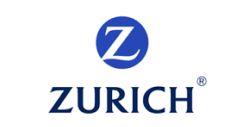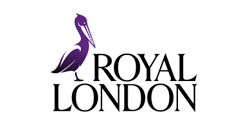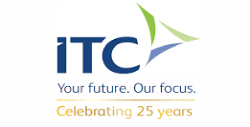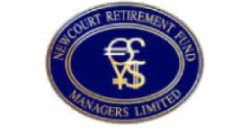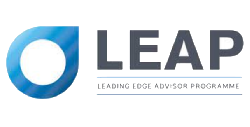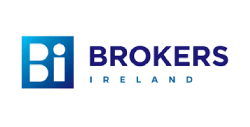Joe Carroll
Practice Director
24/8/2022
If you have been reading the business pages over the last few weeks, you may have come across an acronym called IORP II, which has caused some consternation in the Pensions Industry in 2022, and more specifically since 1st July this year.
Simply explained, IORP II is new EU legislation providing greater protections for Employees that are members of Occupational Pension Schemes. It increases governance requirements that should reduce risks, and changes trusteeship rules, which will have a positive effect for staff, but could put onerous commitments on Directors.
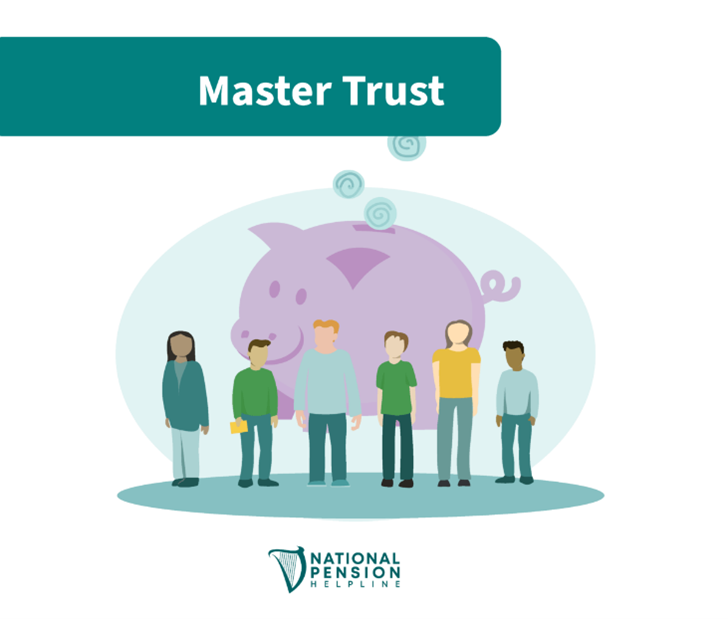
Credit: National Pension Helpline
Master Trust
The rise of the Master Trust has brought some sweeping changes, and viable alternatives, for many of the (more than) 75,000 small pension schemes in Ireland (for the purposes of this paper, we are classing small pension schemes as companies having members from 1 to 500). Due to the following five points, it will be an obstinate employer that does not explore the Master Trust route.
Employer Pension costs and admin hours are reduced
A lot of employers have outsourced the trusteeship and management of pension schemes to external trustees, such as Mercer, WTW, Aon, APT and others. The costs being charged by these companies has been rising, both due to increasing overheads and complexity. There is no longer a need to be absorbing these fees as most of them can be borne by the Master Trust if one is used.
Link: Is your Job burning you out?
Reduced Annual Management Charges for Employees
Under the Master Trust arrangement, most employees will also benefit from reduced management charges, compared to PRSA and other group pension schemes. Many smaller schemes have higher management charges due to their size, thus fail to gain from economies of scale. In addition, many will have early redemption charges as part of their structure, which can be removed by a move to a Master Trust.
Reduced Setup charges means you do not have to long-finger your decision
Now that there are several Master Trusts competing for business, corporate pensions brokers such as Clevermoney can ask several to compete and put their best foot forward to secure the business. Advances in Technology and improvements to software means it is now easier for your payroll system to talk to the Master Trust and run Pension Contributions in real time. These Tech improvements reduce the man hours needed to set up new schemes so there is no need to fear the hassle of a switch and thus no reason for ambivalence.
PRSAs will no longer be competitive
You can say goodbye to handing out statements to staff every 6 months. Most PRSAs take a percentage of each contribution to cover their costs, which means that the employee will not be getting full value for what is being paid in, both from themselves and from employer, while a Master Trust will give 100% value for each payment into the pension. PRSAs rarely have a focus on online access or real time changes as these are mainly set up with a non-variable direct debit through the company bank account.
Pension Administration will be simpler
The systems behind most Master Trusts will follow your payroll system in real time, which means any employment changes – either salary changes or employees leaving – can be carried into the scheme immediately. Employers will have much greater choice in their service providers also. They will not be tied to the likes of Mercer, who recently have had poor service performance and turnaround times due to staffing issues. Master Trusts will empower a range of smaller and competent Corporate Pensions Brokers to provide a more personal and bespoke service to employers in the future.
The Pension Regulator has smaller pension schemes, including Executive Pensions in their sights. “Proper supervision and value for money will not be achieved unless there is a much smaller number of larger, more efficient schemes”, says Brendan Kennedy, Pension Regulator. In the crosshairs are:
- One-man Company Schemes – with either director or external trusteeship
- All schemes with internal trustees (Directors or members of staff as trustees)
- Schemes with large initial fees or setup costs, including reduced allocation or initial units
- Schemes with penalties on leaving service early
How soon will companies make the move?
According to a survey conducted by PwC, more than half of the companies surveyed had not decided on moving to a Master Trust. Also, in spite of projections of savings to employers of 50% in fees and employees of 33% in management charges (also projected by PwC).
Link: Should your business be your Retirement Plan?
While some of the rules do not take effect immediately on some existing schemes until the end of 2022, employers should consider making plans. A Master Trust could be an ideal solution to most of the existing schemes:
- Eliminates the need for a Trustee board
- Reduces compliance and governance requirements
- Widens the range of providers you can access
- Widens the range of deliver options or service providers (and levels) you can choose
- Opens the door for more online access, automation and input from employees
- Reduces cost to employers
- Reduces average management fees to employees
Clevermoney offer employers access to Master Trusts via several suppliers and are available for consultation. They are authorised by the Central Bank of Ireland and have staff located in most areas of Ireland.









